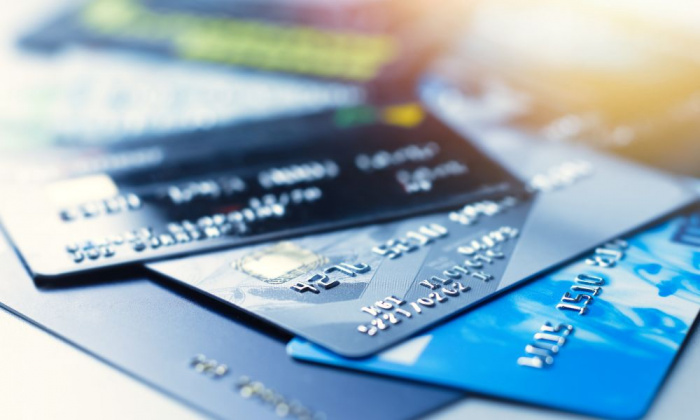
Each financial institution offers a unique set of benefits, interest rates, fees, and rewards. Understanding the variety of services available is essential before determining which to choose between a credit union and bank credit cards. Continue reading to discover the drawbacks and advantages of making such a choice for your finances.
Credit Card Variations
The common assumption is that credit unions cannot compete with banks because they don’t offer a wide range of credit card services. However, this sentiment is untrue when it comes to banking with Democracy Federal Credit Union.
Democracy FCU’s Visa Rewards Credit Card rewards customers with one point for every dollar spent. With a variable interest rate, users have the option to put their rewards toward the statement balance, gift cards, or cash!
This credit card choice at Democracy FCU is just the tip of the iceberg. Plenty of comparable services are available, including fixed-rate credit cards and reloadable cards. Every alternative can accommodate to fit your specific financial needs.
Interest Rates and Fees
You must ensure that the interest rates and fees are reasonable and manageable when you decide to apply for a credit card. Banks may include elevated annual percentage rates (APRs) on purchases and cash advances and higher charges for late payments and annual fees. Each of these fees contributes to the banks’ profits and funding of various rewards programs.
Lower APRs from credit unions on both purchases and cash advances provide cost-effective banking. Members always know what to expect from balance transfers, annual fees, overdrafts, and late payment fees for long-term savings.
Accessibility
Major banks have the upper hand with extensive ATM networks and branches across the country, making it easy for customers to seek various credit card services. Credit unions have a lower presence compared to banks due to their regional nature. Nevertheless, being a part of shared ATM networks and branching agreements increases their accessibility and convenience for customers.
Fortunately, both banks and credit unions offer online banking services. Rather than visiting a physical location, users can log into their accounts through the website or phone application. Paying off statements, seeing purchases instantaneously, and viewing benefits are effortlessly within reach.
Flexibility
The member-centric approach of credit unions presents users with more flexibility to receive personalized services. Since credit unions are not-for-profit organizations, the employees are more focused on accommodating policies for members facing financial hardships. These accommodations can translate to more beneficial credit card services from low interest rates to high-yield rewards.
Banks, on the other hand, tend to have more rigid structures and policies due to their profit-driven nature and larger size. Banks are still flexible at times, but their services are standardized to minimize risk and maximize profitability. While many banks offer programs to assist customers in financial distress, these programs are often less customizable than those that credit unions offer.
Choose Democracy Federal Credit Union in your quest to choose between a credit union and a bank credit card! We provide personalized services surrounding the metropolitan DC area. Our team of dedicated, skilled bankers will help you achieve financial freedom.



